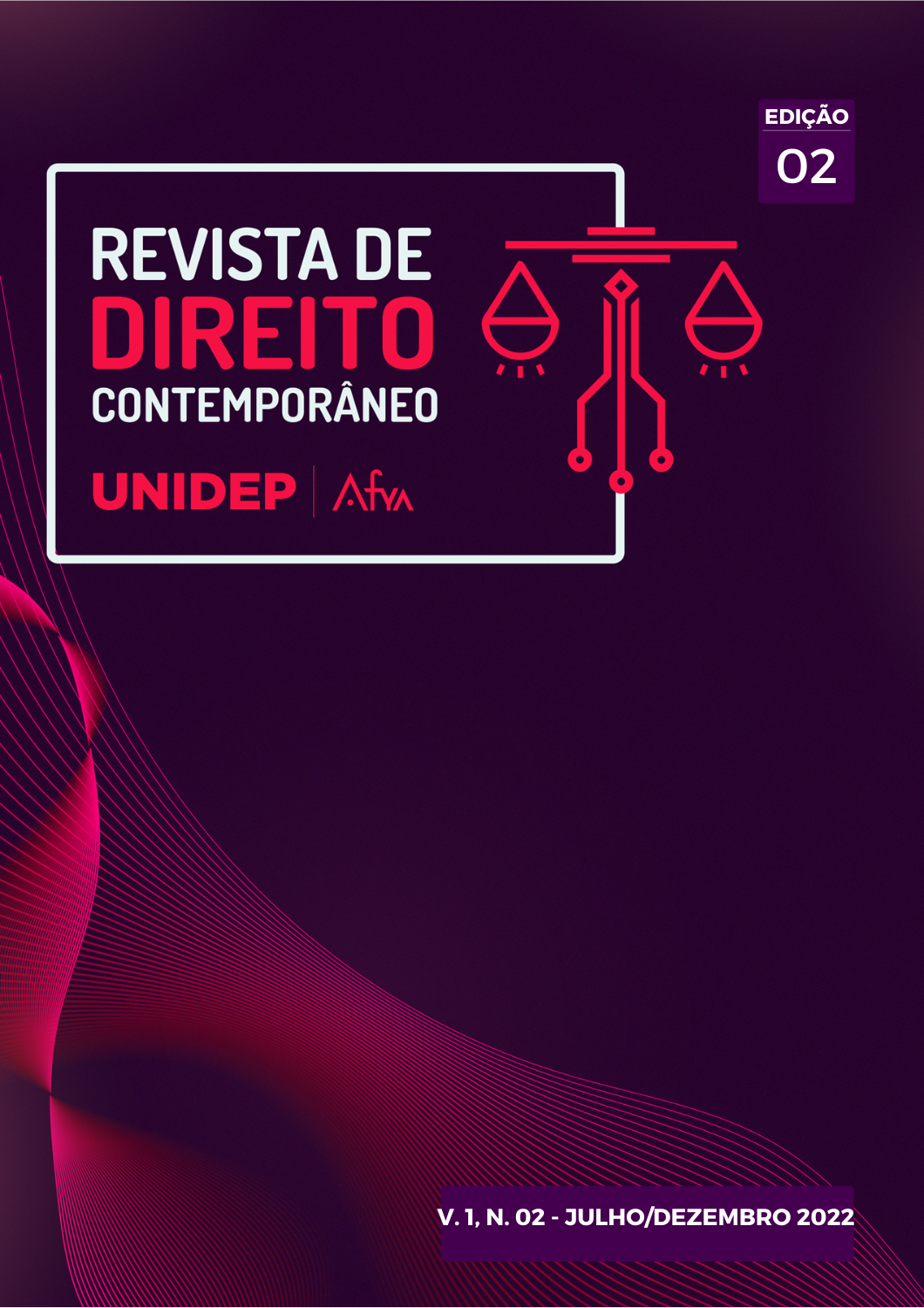NEW LEGAL FRAMEWORK FOR SANITATION IN BRAZIL - CHANGES ARISING FROM LAW 14.026/2020
Advances, challenges and concerns
Abstract
The study discusses the changes that involve the New Legal Framework of Basic Sanitation, analyzing and questioning the changes and their main established goals, based on the conception of water as a fundamental right of the human being, understood as the right to life. Data were collected regarding water availability and consumption in Brazil and access to sanitation in each region of the country, through the National Sanitation Information System (SNIS), to compare the changes in legislation based on indicators on the provision of water, sewage, solid waste management and stormwater management of providers operating in the country. Through bibliographic review and content analysis of the main laws and related public policies, it is discussed the history of basic sanitation in Brazil, as well as the legislation that addresses the subject until it is triggered in the New Sanitation Framework, to analyze the advances, challenges and concerns that its promulgation entails, questioning whether the concession to the private initiative of sanitation services is the solution that best appropriates culture and interests of the country.
Downloads
Published
How to Cite
Issue
Section
License
Copyright (c) 2023 Revista de Direito Contemporâneo UNIDEP

This work is licensed under a Creative Commons Attribution-NonCommercial 4.0 International License.
You are free to:
- Share — copy and redistribute the material in any medium or format
- Adapt — remix, transform, and build upon the material
- The licensor cannot revoke these freedoms as long as you follow the license terms.
Under the following terms:
-
Attribution — You must give appropriate credit, provide a link to the license, and indicate if changes were made. You may do so in any reasonable manner, but not in any way that suggests the licensor endorses you or your use.
-
NonCommercial — You may not use the material for commercial purposes.
- No additional restrictions — You may not apply legal terms or technological measures that legally restrict others from doing anything the license permits.
Notices:
- You do not have to comply with the license for elements of the material in the public domain or where your use is permitted by an applicable exception or limitation.
- No warranties are given. The license may not give you all of the permissions necessary for your intended use. For example, other rights such as publicity, privacy, or moral rights may limit how you use the material.



